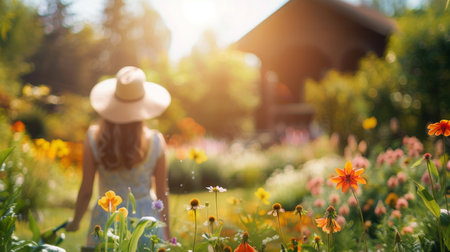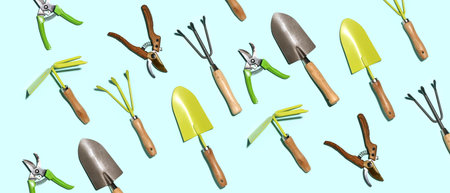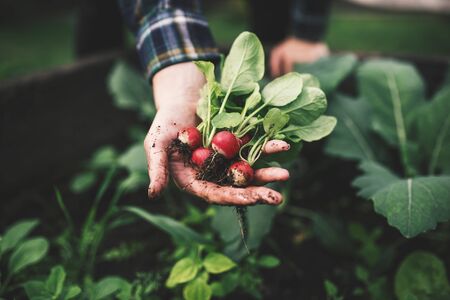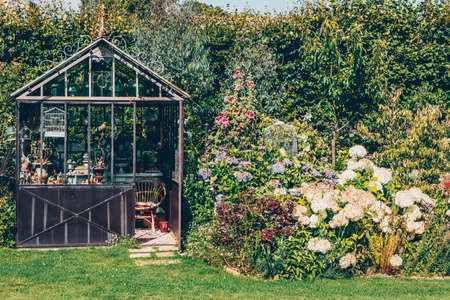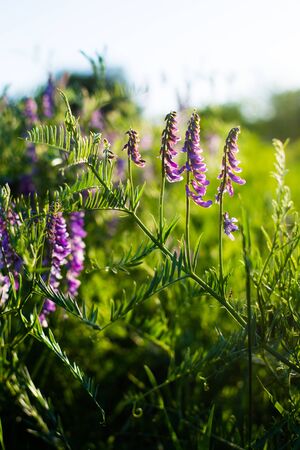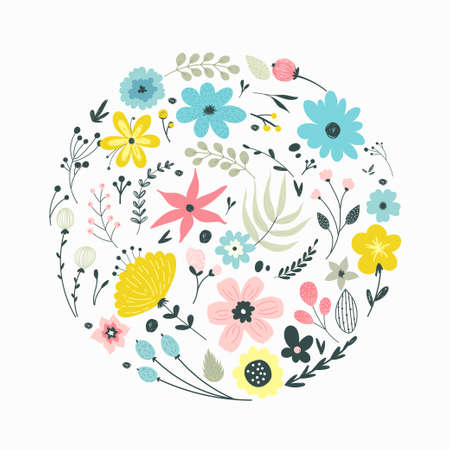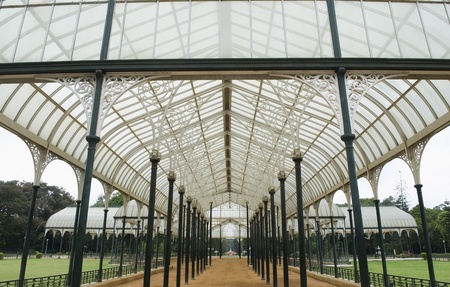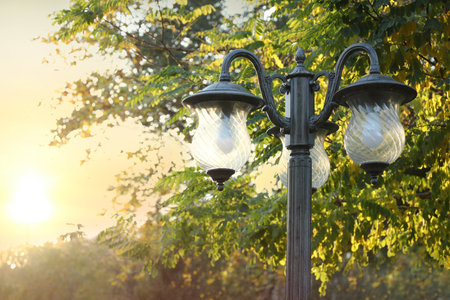Dealing With Aphids Organically: British-Specific Methods and Solutions
Understanding Aphids in British GardensIf you have spent any time tending to a garden here in the UK, you will know that aphids are a familiar and persistent visitor. These tiny sap-sucking insects, often called greenfly or blackfly depending on the species, can be found on everything from your prized roses to the humble broad…
